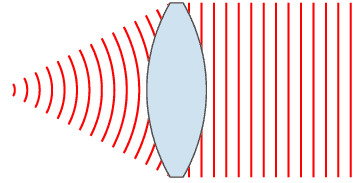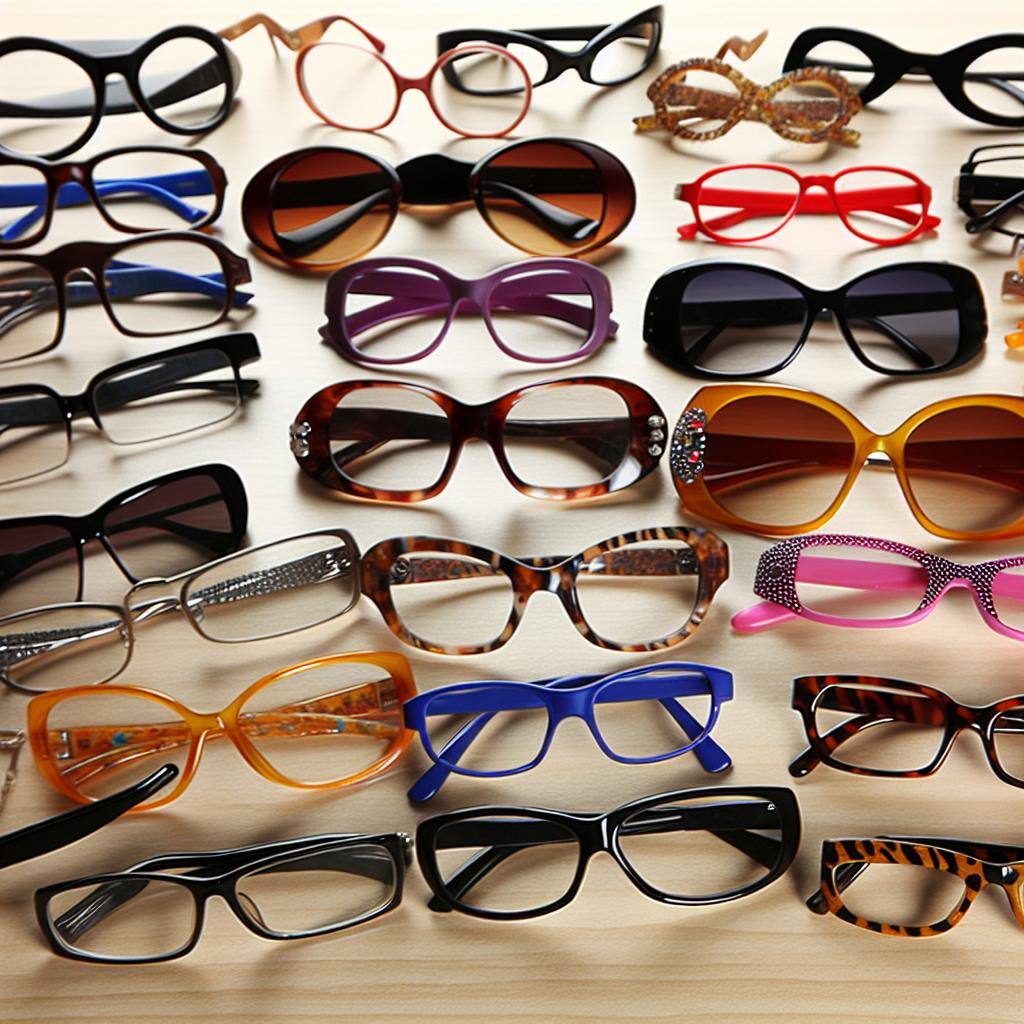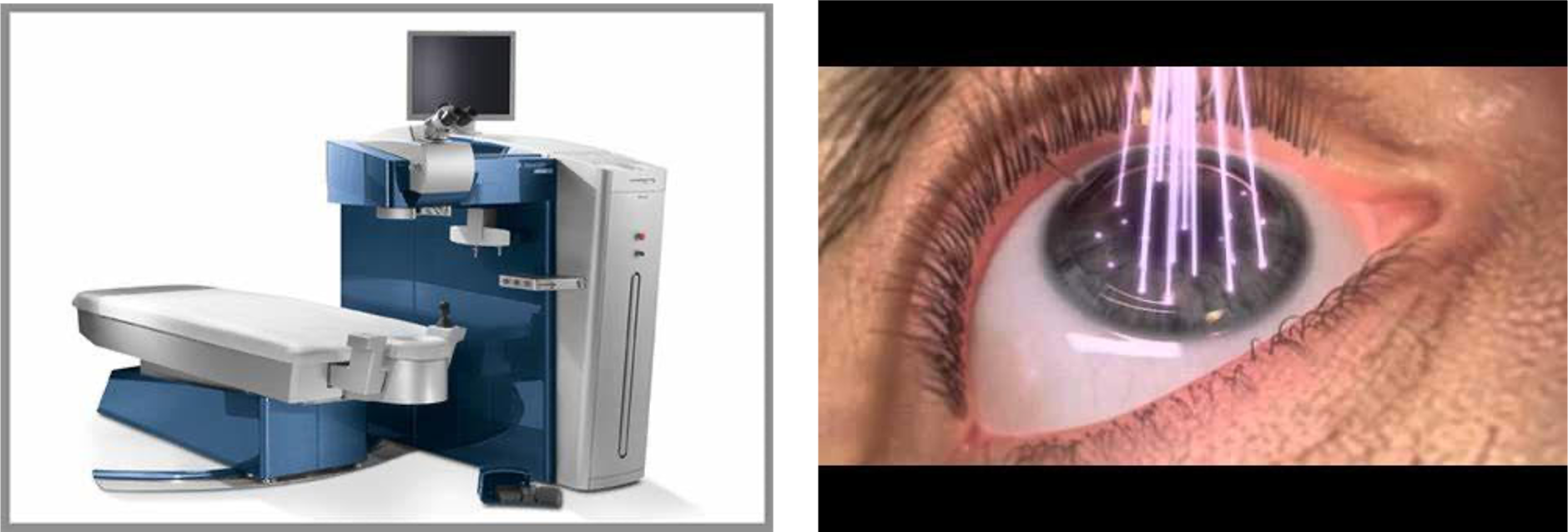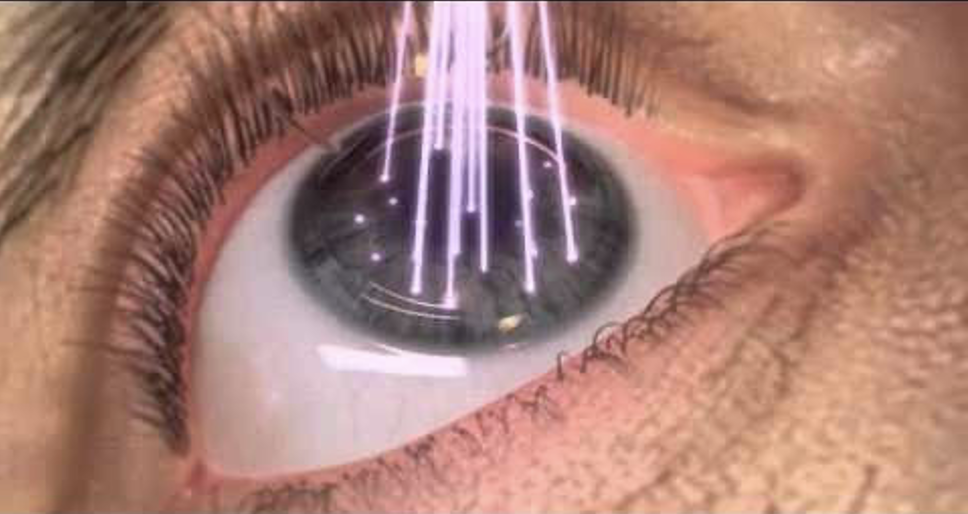Understanding LASIK Terminology: What Does It All Mean?
You may have made the decision to undergo LASIK surgery, but navigating the world of LASIK options can feel overwhelming. With numerous terminology and treatment choices, it's crucial to understand the specifics to ensure you receive the best possible outcome.
Let's delve into the intricacies of wavefront technology.But what exactly is a wavefront?
In simple terms, light behaves like an electromagnetic wave that our eyes can perceive. Imagine the light from a distant star - it consists of rays that enter the eye and form an image on the retina when focused by the lens. This collection of rays and the image they create is known as the wavefront.
However, imperfections in the cornea or lens can distort this wavefront, leading to blurred vision for individuals with nearsightedness, farsightedness, or astigmatism. By identifying and correcting these imperfections, wavefront-guided LASIK aims to enhance your vision.
To create a personalized map of your eye's irregularities, we use the advanced diagnostic tools Contoura® Vision. This device measures the reflected wavefront of light, capturing over 22,000 points across your eye's pupil. The resulting map guides the laser during wavefront-guided LASIK, correcting unique aberrations for a clearer vision.
In contrast, wavefront-optimized LASIK is not personalized and relies on average adjustments rather than a specific wavefront map. Technologies like WaveScan or iDESIGN® system may also be used to measure your eye's optical pathway, so it's essential to inquire about the measurement system your doctor utilizes for your procedure.
Dr. Lindahl offers a complimentary LASIK consultation to address any lingering questions and determine your candidacy for the surgery. Keep in mind that LASIK may not be suitable for everyone, and potential side effects should be considered before proceeding. Ensure to discuss any concerns with the doctor during your consultation for personalized guidance.


 The Rochester Eye & Laser Team
The Rochester Eye & Laser Team





